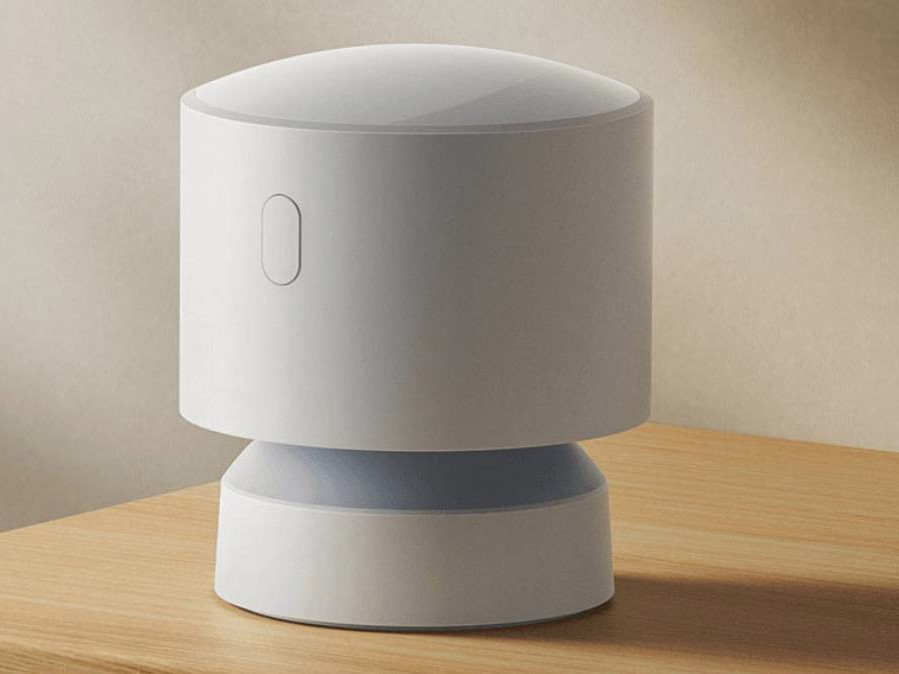| Oméga Ranorolala, president of the Order of Midwives. |
Midwives are being sued by the families of their patients. The latter accuse them of being responsible for the death of their loved one.
Every year, around ten midwives risk prison. “Around ten complaints are filed with the Order of Midwives each year. In February of this year, two members of our corps were sued by families of women who died during childbirth. This is generally the reason for complaints against midwives,” notes the president of the Order of Midwives, Oméga Ranorolala, on World Midwives’ Day.
These two midwives were released. Oméga Ranorolala affirms that none of their number is currently incarcerated for professional misconduct. “Midwives are not necessarily responsible for maternal deaths. We are bound by obligations of means, just like all health professionals, and not of results. We do everything possible to save mothers and their children during childbirth. We are also required to respect the code of ethics, so we have no room for error,” specifies Oméga Ranorolala.
Madagascar recorded four hundred and eight deaths per hundred thousand live births in 2021, according to the World Health Organization (WHO). These numbers have decreased compared to 30 years ago, but remain high. Women die from complications during and after pregnancy and childbirth, which are often preventable and treatable, according to the WHO. “The main causes of maternal deaths are lack of monitoring during pregnancy. During childbirth, the hospital is often the last resort. Women try to give birth at home first. Only when there are complications do they go to the hospital. Often it is too late. Unfortunately, in the event of death, it is the health professional who is singled out,” indicates the head of a Basic Health Center (CSB) in the province of Fianarantsoa.
Risque
In addition, even if parturients want to give birth safely, health centers are often too far away, forcing them to give birth outside of a hospital. “I gave birth at home, assisted by a matron, because the hospital is too far, two hours from our home,” says Eva, a young mother living in a small village of Anjiro Moramanga.
It is also impossible to turn a blind eye to the conditions in which midwives work, especially those in rural areas. “We have no electricity or water. We use kerosene lamps, candles and torches in case of night births. The families of those giving birth are responsible for the water,” testifies a midwife.
In such conditions, the risk is not zero during childbirth. Omega Ranorolala encourages pregnant women to attend prenatal consultations and give birth in hospital. She also encourages her colleagues to continue to strengthen their skills.
Miangalya Ralitera









